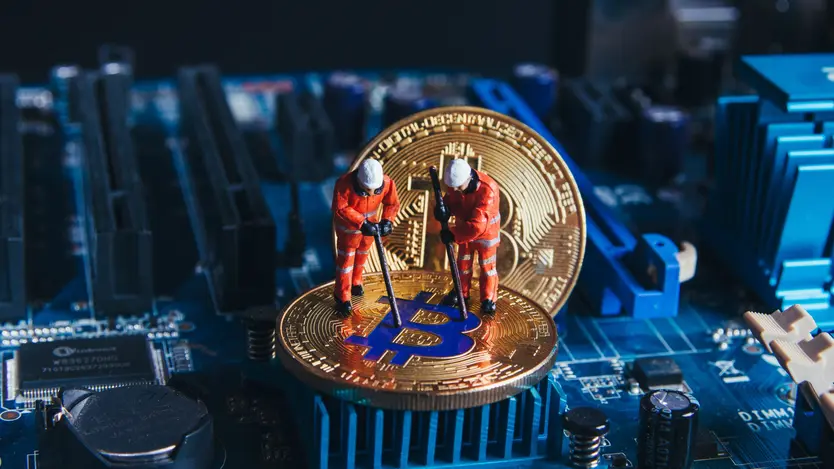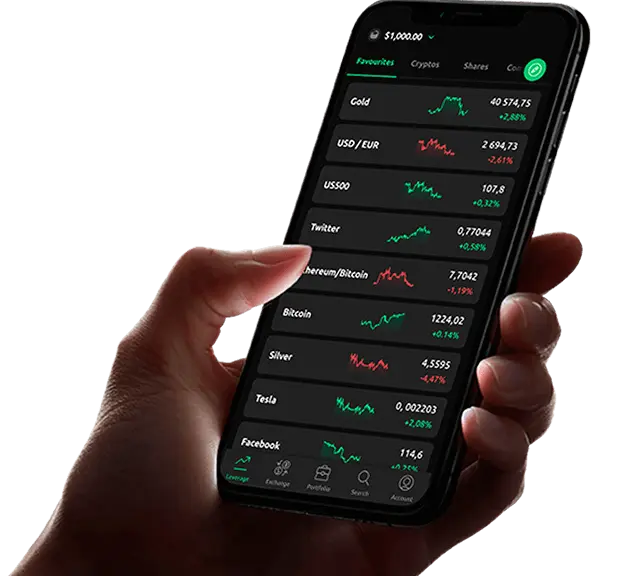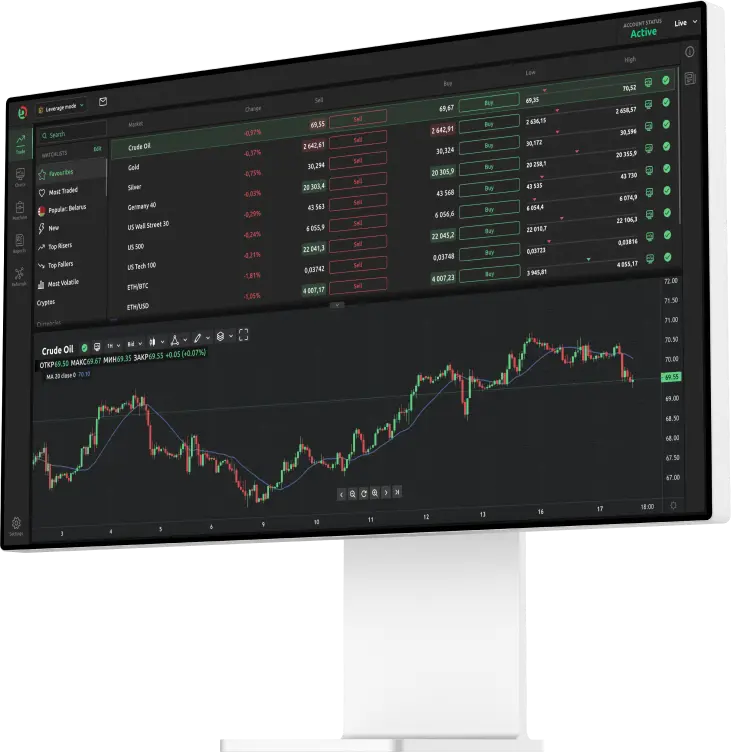Verifying a cryptocurrency transaction and adding it to the blockchain

Crypto mining definition
Crypto mining is the process of verifying transactions and adding them to the blockchain, minting new units of cryptocurrency such as bitcoin in the process.
This is an exceptionally competitive procedure – especially with virtual currencies like bitcoin, which have a finite supply. Several methods are used for crypto mining, but a common approach known as Proof of Work involves miners going head to head to complete complex mathematical equations in the quickest time possible – enabling them to receive a reward in exchange.
Is crypto mining hard?
Anyone with a PC and an internet connection has the potential to get involved with crypto mining. However, there are hurdles that can get in the way. Firstly, as we’ve mentioned, there’s a lot of competition for rewards – and every few years, the new bitcoin on offer is slashed in half.
Mining often involves devoting computing power to validate the transactions, and as a result, attempting to do so on a low-spec machine can be a fruitless endeavor. Not only would it immensely slow down everything you’re trying to do on the PC, but the cost of the electricity can actually outweigh the rewards. Professionals tend to rely on cutting-edge graphical processing units and application-specific integrated circuits to ensure they have the power to get results – and indeed, some specialist companies have mining farms where entire servers are devoted to the mining process.
Amid concerns about the environmental impact that all of this crypto mining has, it is worth bearing in mind that some virtual currencies use a different approach to validate transactions. Another method, known as Proof of Stake, directly ties a person’s mining power to the quantity of a cryptocurrency they hold.
How energy intensive is mining bitcoin?
A study published in the Nature journal in November 2018 illustrates how energy intensive bitcoin can be. At the time, it took 17 megajoules of computer power to generate $1 worth of BTC – a fraction of what one coin is worth. Compare that with gold, where it takes just five megajoules to mine $1 of the precious metal.
A 30-month period from 2016 to 2018 showed that bitcoin mining was responsible for as much as 13 million tonnes of carbon dioxide – comparable to the levels of CO2 emitted by one million cars.

